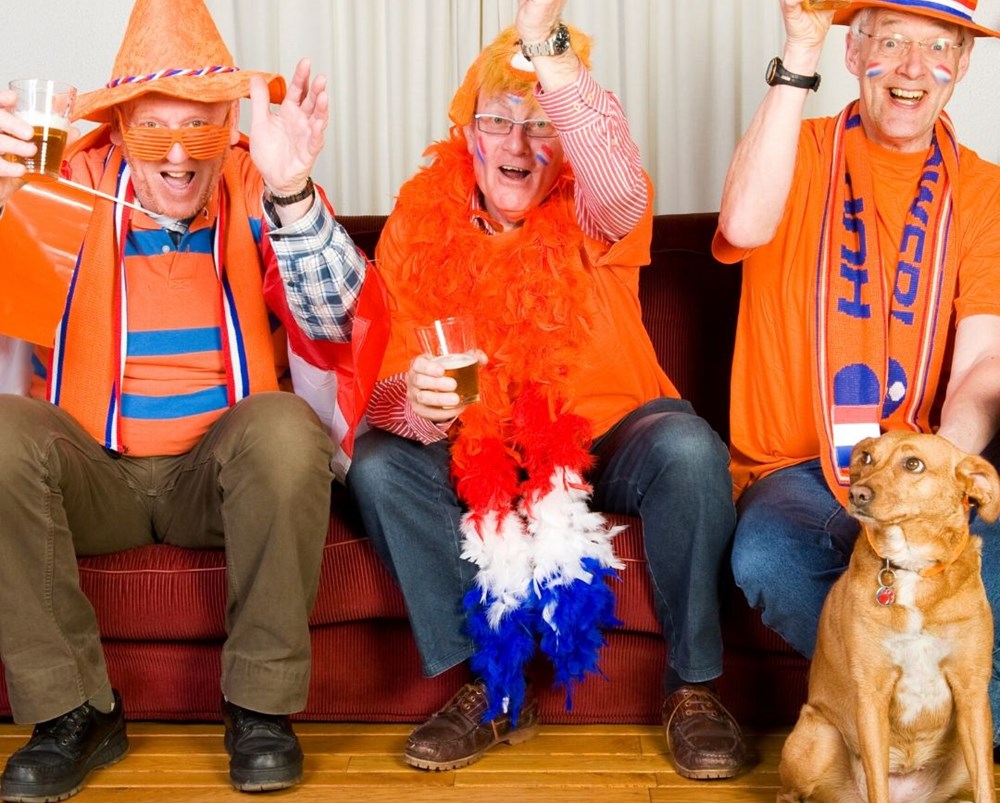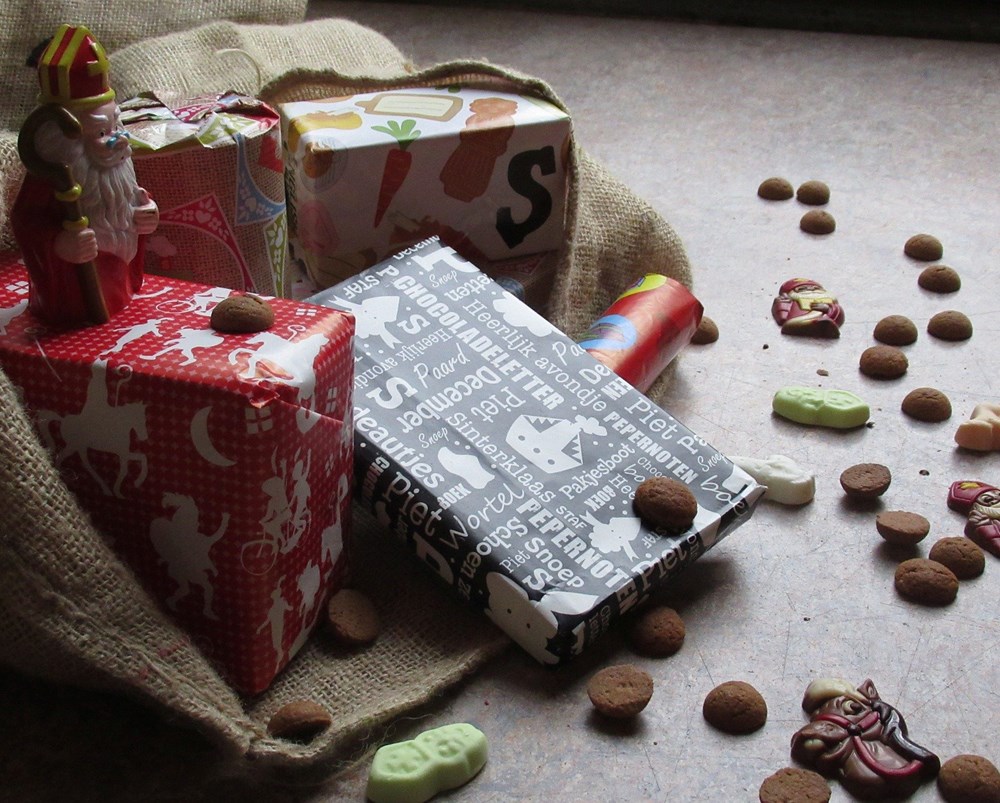Cultural taboos in the Netherlands
Every country has its own cultural taboos. There are a few that are typical of our nation.

Cultural taboos in the Netherlands
We have already discussed some general aspects of Dutch etiquette.
Every country has its own cultural taboos. A lot of these are overlapping, especially in larger regions of the world. Most of the cultural taboos of the Netherlands are those of Western Europe. However, there are a few that are typical of our nation. If you want to make a good first impression, make sure to avoid everything listed below!
Things to avoid in the Netherlands
1. Calling Dutch people Germans
We will not go into a full etymology lesson here, however the problems surrounding the word Dutch arose because English speakers referred to people from Germany and the Netherlands by that word: low Dutch for people from the lowlands (Netherlands) and high Dutch for Germany. As the German adjective for people and things from their country is Deutsch (Duits in Dutch, if you can still keep up), this can cause some confusion among English speakers nowadays. Although you'd call Nederlanders (people from the Netherlands) Dutch, they are from the Netherlands, not from Germany! As there's a good bit of rivalry between the Netherlands and Germany (luckily mostly on the football field these days), they don't like to be called Germans!
2. Calling anyone black
Race can be a sensitive subject in most countries. Although the Dutch may be straight shooters in conversation, this is still a difficult topic in the Netherlands. Especially as the Dutch population is very ethnically diverse and the country has quite a dark history of colonisation and slavery. We would advise you refraining from referring to someone's ethnicity, especially if it is unwarranted. If you know someone a bit better and want to say something about it, make sure to use terms that are not offensive, like light-skinned or dark-skinned. Internationally accepted descriptions, like Asian, Scandinavian, Arabic, African or Caucasian are also OK. Even though black is fairly accepted in countries like England, it isn't really in the Netherlands.
Important topics do need to be talked about, obviously. However, when you are coming into a new culture and have not completely mastered the language quite yet, it's good to make sure that people know that your intentions are good. Be kind and careful around this topic and you should be grand.
3. Getting up for kids
When you are riding on the bus or train, do not expect people to get up for you when you have kids with you. In some Asian and South-American countries, riding a bus can be a shaky affair and it's safer to have kids sit down. Dutch buses and trains are perfectly safe, so in the Netherlands this isn't necessary. Rather, it's polite to stand up for people who are older, pregnant or disabled. This is an important value in Dutch society. It can be a fine line to tread between being courteous and offending someone because you have indicated that they are old, however!

4. Asking people how much they earn
This is a taboo in some countries and not in others. We wouldn't be able to tell you if it has anything to do with the Dutch mercantile history (don't let on how much you have, so you can negotiate a better deal) or if it's something to do with the heavy influence of Calvinism on Dutch culture (but this topic is not discussed, not even among good friends or family). That's all there is to it.

5. Eating with your hands (most of the time)
In some cultures, eating with your hands is quite common. In the Netherlands there are only a few things that you can eat with your hands publicly without it being frowned upon: chips, pizza, bread and meat with a lot of bones, like chicken or spare-ribs. Using your hands and fingers to eat rice, vegetables, potatoes or meat without bones isn’t on!
The Dutch use forks, knives and spoons. If you are not sure about what utensil to use, just ask people and they will be happy to explain. If you are not managing well, just ask politely if you can do it your way. When you are eating one of the above-mentioned types of food with your fingers, feel free to lick them clean when you are finished. This is just sensible to Dutch people.
6. Do not refuse a handshake
As we have discussed before, the handshake is a common greeting in the Netherlands and most relationships begin with a firm handshake. Refusing a handshake is considered as very poor manners. If you have a good reason (religious or medical, for instance) not to, you should be careful to explain, so that it doesn't seem like you are just snubbing people.
7. Jumping the queue
At the supermarket, in a shop or other place where you have to wait in line, you have to make sure not to cut in front of anyone. This is a serious social offence. If you have a good reason (like missing your flight otherwise), ask the people in front of you if it's OK if you go first. People will sometimes let you in front anyway (if they see you only have to pay for a single thing in the supermarket, for instance), but you are always at the mercy of the person in front of you!







